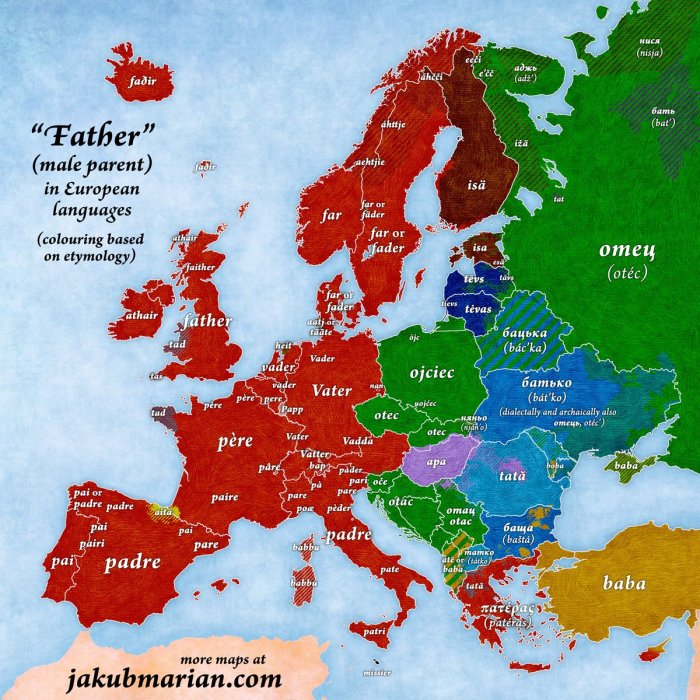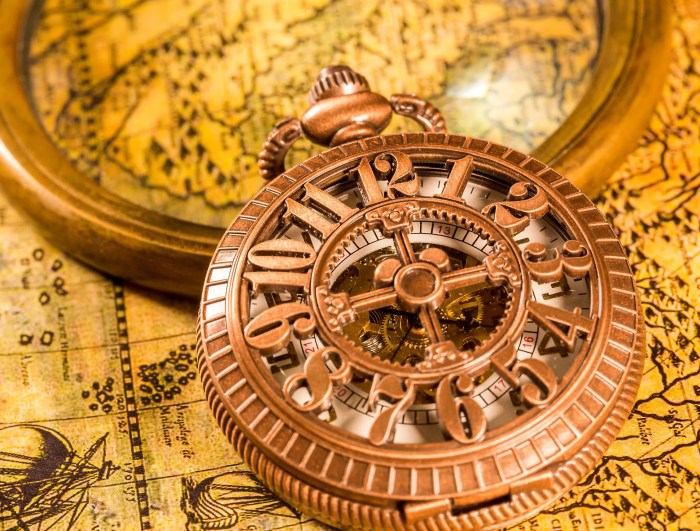Embark on an intellectual journey through the enigmatic world of ancient Europe, a land where civilizations flourished, empires rose and fell, and the foundations of Western civilization were laid. Part of ancient europe crossword provides a captivating glimpse into this fascinating era, inviting us to unravel its historical significance, archaeological wonders, linguistic diversity, religious beliefs, and vibrant trade networks.
Prepare to delve into the geographical tapestry of ancient Europe, where major civilizations such as the Greeks, Romans, and Celts left an indelible mark. Uncover the secrets of archaeological discoveries that have illuminated our understanding of this era, from ancient ruins to enigmatic artifacts.
Explore the linguistic landscape, deciphering the origins and migrations of ancient European peoples through the study of language. Immerse yourself in the diverse religious beliefs and practices that shaped the art, architecture, and literature of the period.
Historical Significance of the Region

Ancient Europe, a cradle of Western civilization, holds immense historical significance. Its geographical location, spanning from the Atlantic Ocean to the Ural Mountains, has influenced the development of diverse cultures and empires.
Major Civilizations and Empires, Part of ancient europe crossword
- Minoan Civilization (Crete):Advanced maritime civilization known for its elaborate palaces, intricate pottery, and written script.
- Mycenaean Civilization (Greece):Bronze Age civilization that dominated the Aegean region, known for its fortified citadels, linear script, and epic poems.
- Greek Civilization:Classical period marked by the rise of city-states, democracy, philosophy, and artistic achievements.
- Roman Empire:Vast empire that spanned most of Europe, North Africa, and Western Asia, known for its advanced engineering, law, and administrative system.
- Celtic Tribes:Diverse group of peoples inhabiting parts of Europe, known for their distinctive art, warfare, and religious beliefs.
Cultural and Intellectual Contributions
Ancient Europe played a pivotal role in shaping Western civilization. Greek philosophers, such as Socrates, Plato, and Aristotle, laid the foundations of Western thought in philosophy, logic, and ethics. The Roman Empire’s legal system and engineering advancements continue to influence modern society.
Archaeological Discoveries

Archaeological excavations have unearthed a wealth of evidence about ancient Europe. These discoveries have shed light on the region’s past, from prehistoric settlements to the grandeur of ancient empires.
Important Archaeological Sites
- Stonehenge (England):Iconic prehistoric monument consisting of large standing stones arranged in a circular pattern.
- Lascaux Caves (France):Cave paintings depicting animals and scenes from daily life, dating back to the Upper Paleolithic era.
- Pompeii (Italy):Roman city preserved under layers of volcanic ash, providing insights into the daily lives and architecture of the Roman Empire.
- Troy (Turkey):Ancient city known for its role in the Trojan War, with archaeological evidence spanning multiple civilizations.
- Skara Brae (Scotland):Neolithic village with well-preserved stone houses, providing a glimpse into the lives of early European farmers.
Methods and Techniques
Archaeologists employ various methods and techniques to uncover and analyze archaeological discoveries. These include:
- Excavation:Digging and removing soil to expose buried structures and artifacts.
- Stratigraphy:Studying the layers of soil and sediment to determine the sequence of events at an archaeological site.
- Radiocarbon Dating:Determining the age of organic materials using radioactive isotopes.
- Geophysical Surveys:Using non-invasive techniques, such as ground-penetrating radar, to detect buried features without excavation.
Significance of Discoveries
Archaeological discoveries have been instrumental in reconstructing the history and culture of ancient Europe. They provide tangible evidence of past societies, allowing us to understand their social structures, technological advancements, and artistic expressions.
FAQ Guide: Part Of Ancient Europe Crossword
What is the significance of ancient Europe?
Ancient Europe was the birthplace of major civilizations and empires that laid the foundations of Western civilization, contributing to advancements in philosophy, science, art, and literature.
What are some of the most important archaeological discoveries from ancient Europe?
Archaeological discoveries such as the ruins of ancient cities, artifacts, and burial sites have provided valuable insights into the daily lives, beliefs, and cultural practices of ancient European peoples.
How did linguistic diversity influence ancient Europe?
The study of ancient European languages has helped scholars understand the origins, migrations, and interactions of different peoples, shedding light on the cultural and political landscape of the era.
What role did religion play in ancient European societies?
Religion played a central role in ancient European societies, influencing art, architecture, literature, and shaping social and political structures.
How did trade impact ancient European societies?
Trade routes and commercial centers facilitated the exchange of goods, ideas, and technologies, contributing to the development of urban centers and the spread of cultural influences.